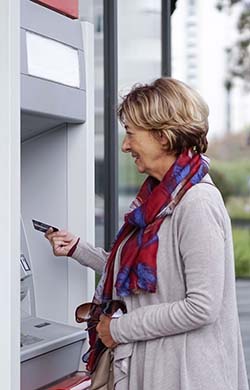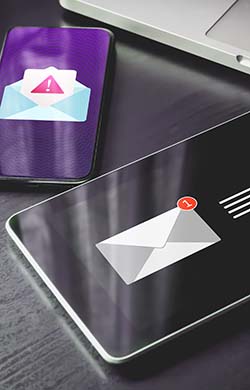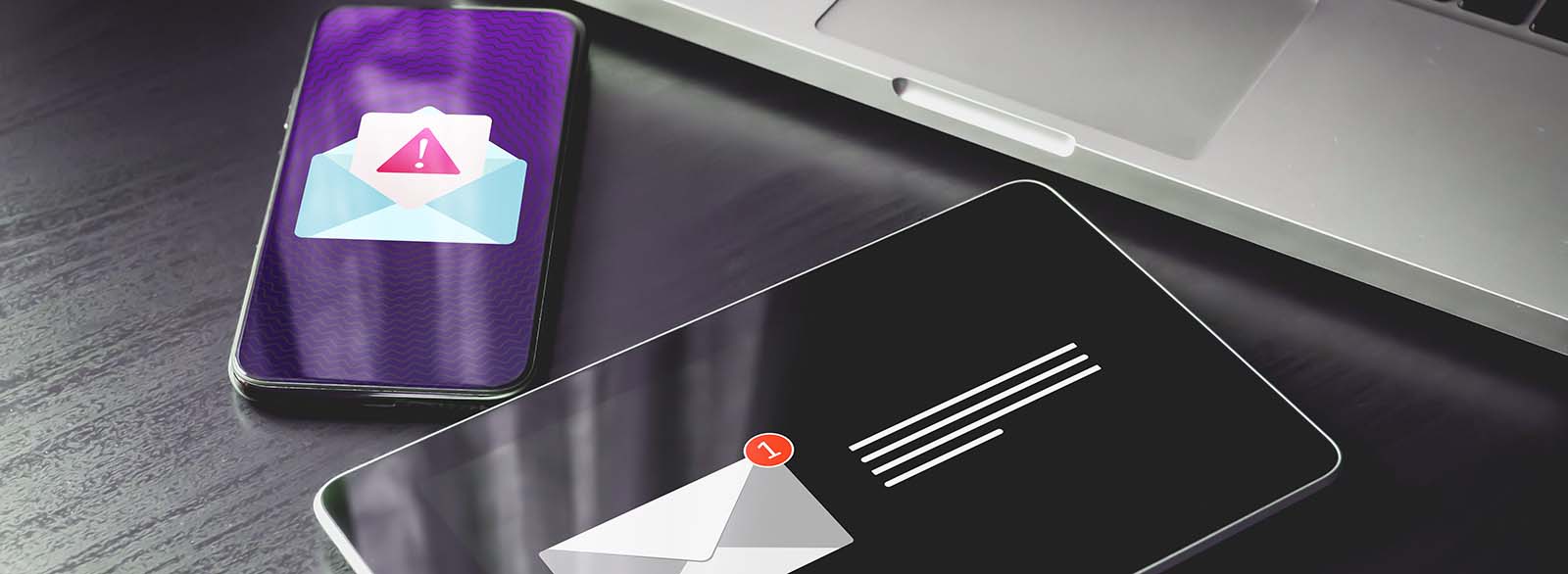Security and Fraud Prevention
Current Scam Alerts
-
Bank impostor scams
-
Business Fraud Awareness and Prevention
-
Beware of unsolicited requests for card information
-
Protect your devices and accounts from scammers
-
Computer and mobile device access scams
Scammers are contacting clients, pretending to be Banner employees.
If you receive a call, text or email claiming to be from a Banner Bank employee asking for information about you or your account—beware, it is likely a scam.
Common current fraud attempts include:
- Claiming there’s fraud on your account and you need to verify account information or provide account details;
- Claiming your online banking has been suspended, and requests your PIN or online banking credentials; or
- Claiming a transaction that you initiated cannot be completed and recommends you use another means, which they give you.
Our team at Banner Bank will never request access to your account or reach out asking you to transfer money, verify your account number, debit card number, PIN, your secret passphrase or online banking credentials. If we do contact you to discuss banking activity, we would not ask you for information we already have access to from our records and NO ONE should ask you for passwords or PINs—those should be known only to you.
If you receive an unsolicited call, text or email claiming to be Banner Bank, don't respond or act. That includes clicking links, answering questions or opening attachments.
Instead, verify the request by calling us on one of our publicly published numbers, reach out using Chat within Online Banking, or visit any of our branches. If the request is legitimate, our team will be happy to assist you. We are here to help you protect your personal and financial information.
1. If your business receives a request to change recipient payment or wire information, call the merchant or vendor to verify the details.
2. Never share your password or One-Time PIN (OTP)
3. Secure physical checks
4. Review email for signs of spoofing
5. Be wary of urgent emails about payments or wire transfers or emails sent at odd times outside business hours. Another warning sign is when you are asked to keep communication limited to email only or only one person. Verify such requests through different channels, like by telephone.
The 3-digit CVV code on the back of your debit or credit card is a feature to make online purchases more secure. If fraudsters were to get ahold of your card number and expiration date, they still can't make an online purchase without the CVV code on the back of your card.
By posing as the bank and asking clients to verify a recent purchase, fraudsters are gaining card numbers, expiration dates and 3-digit CVV codes. They are then able to add this information to a digital wallet service and make online purchases.
Your bank will never call to ask for your card number, expiration date or 3-digit CVV code. You should only provide your card's 3-digit code when making a purchase that you initiated.
If you receive an unsolicited request to remotely access your computer or mobile device, it’s probably a scam. The more aggressive the request, the more alert you should be.
Scammers often pose as employees of familiar companies asking you to provide them with access to your device or to download an app that they send to you. These scams come as phone calls, emails, texts or pop-up screens and may claim that your device has a virus or that you’re owed money.
No matter what the claim is, never grant access or download any app based on unsolicited requests even if you do business with the company the individual claims to be with. Always verify requests by calling the company directly using a verified number from a trusted source – NOT the number the requester provides, which could be part of the scam.
If you're concerned you may have been a victim of a scam
- Call us at 800-272-9933, weekdays from 7 am - 7 pm Pacific Time. If your credit or debit card has been compromised, please call the phone number on the back of your card
- File a police report
- File a complaint at IC3.gov
Protecting Your Business from Fraud
Businesses and consumers both need to be aware of the computer-related crimes that could affect them. Business owners and employees play an important role in protecting a company’s vital information.
























